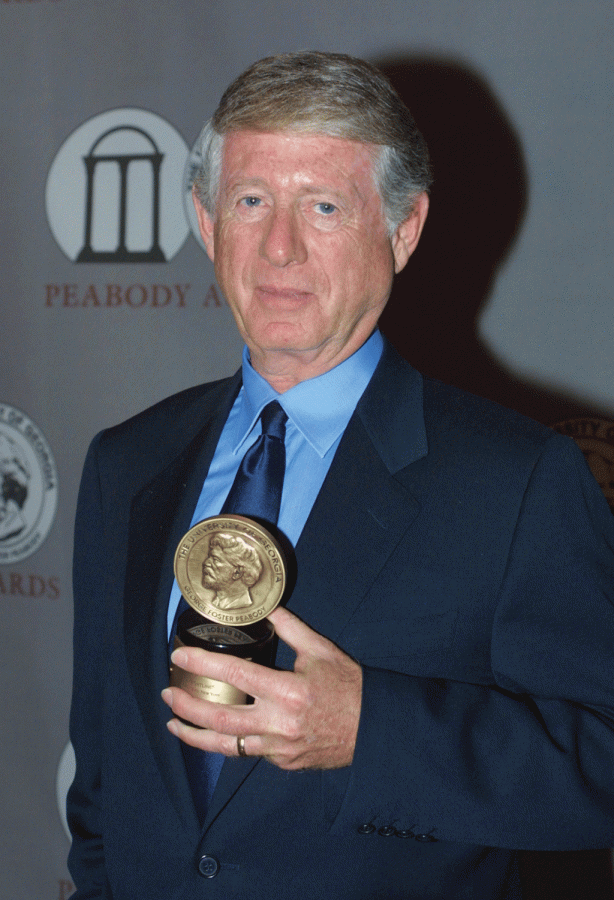Koppel looks to make mark on Bryan series
“I don’t remember a time in my life where I didn’t want to be a reporter,” said broadcast journalist and author Ted Koppel in a phone interview with The Guilfordian.
Koppel will be speaking as part of the Guilford College Bryan Series on Feb. 20 at the Greensboro Coliseum.
Koppel has been working in broadcast television since 1963, the year he became the youngest correspondent ever hired by ABC News. He is best known for his work on ABC’s late-night television program, “Nightline,” which started in 1979 with Koppel’s coverage of the Iran hostage crisis. Over the next 26 years, Koppel was involved in producing over 6,000 episodes of “Nightline.” Koppel has also worked as managing editor of the Discovery Channel and a news analyst for NPR and BBC World News America.
“Including working in my college radio station, I’ve been doing this now for about 60 years,” said Koppel.
Koppel has had success not only as a newscaster, but also as an author.
During his presentation, Koppel will discuss his 2016 book, “Lights Out: A Cyberattack, A Nation Unprepared, Surviving the Aftermath,” which focuses on the potential for a massive cyberattack on the United States power grid. In his book, Koppel investigates the government response plan and the effects of an attack on sewage treatment, water and refrigeration.
“We actually have three power grids, (and) they are all vulnerable,” said Koppel. “It could affect tens of millions of people over weeks and months.”
Koppel began investigating the potential for this attack after hearing a speech in 2012 from Leon Panetta, former secretary of defense. In his speech, Panetta compared the severity of an attack on the power grid to the Pearl Harbor bombing of 1941.
“I had a feeling that the American public wasn’t paying enough attention to the warnings that were being given by Panetta,” said Koppel.
Koppel believes that the lack of trust placed in the media today makes discussing these concerns difficult.
“It’s hard to express credible threats about future danger to the country when so much has been done to undermine the credibility of the media and what it does,” said Koppel. “This adds up to a great danger to a democratic system.”
Koppel is one of the better-known Bryan Series lecturers that has come to campus, although he is not the first broadcast journalist to speak. The program has previously featured accomplished journalists such as David Gregory and Bob Woodward.
“People like him have a following among folks who regularly attend our lectures,” said Ty Buckner, associate vice president of alumni and constituent relations. “They remember him from his career, particularly television.”
Director of the Bryan Series Suzanne Ingram expressed similar sentiments.
“He is very personable, a great speaker (and has) a wide breadth of knowledge just from his many decades of being a broadcast journalist,” said Ingram.
Koppel will be speaking with students in a question and answer session held in Bauman Gallery East the afternoon of his talk.
“What I most enjoy is the Q&A with an audience,” said Koppel. “You can actually interact with the audience.”
Despite the challenges facing the media and journalists today, Koppel still recommends the field to aspiring journalists.
“If you have a passion for it, and if you love it and you’re committed, I can’t think of a more interesting way (to spend) a lifetime,” said Koppel.









